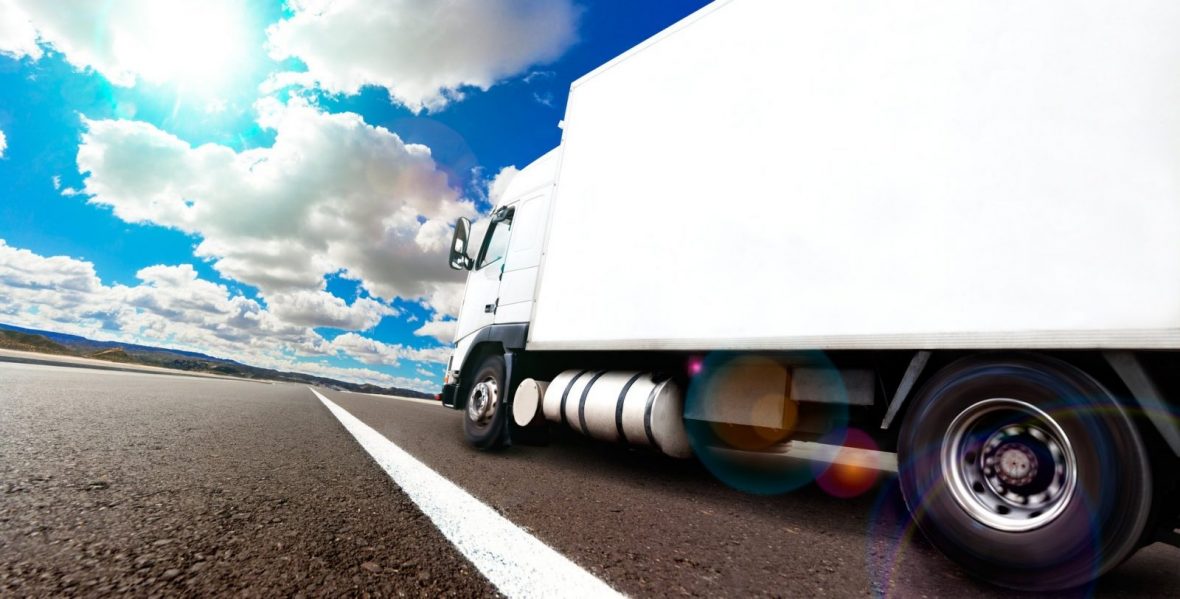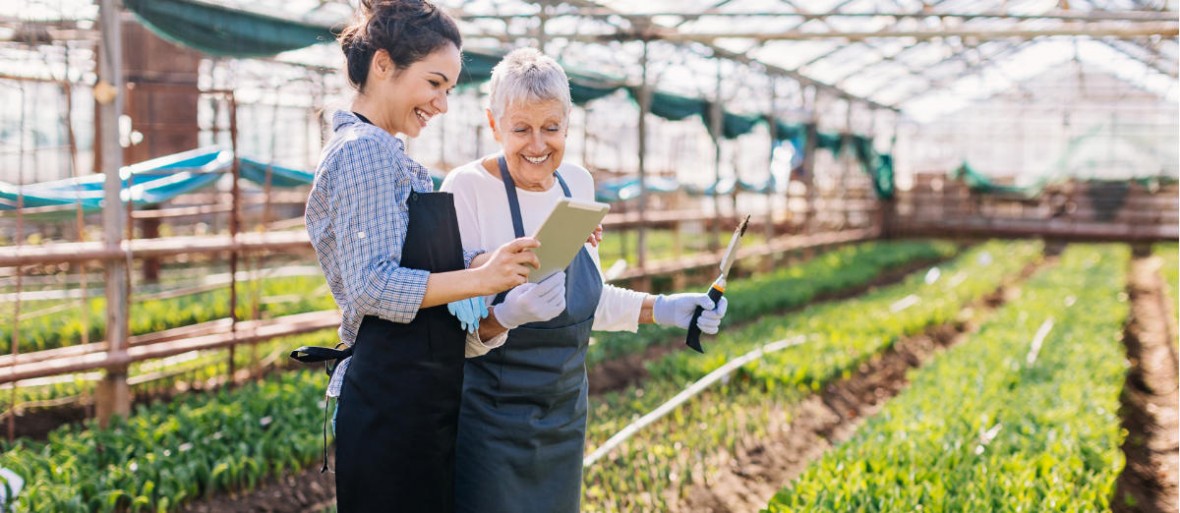The "last mile" is a metaphor for the final leg of delivery from the distribution center to the retail outlet, or increasingly, to the customer’s doorstep. As the focus of last mile delivery shifts from the back dock of supermarkets to home delivery, the complexity increases exponentially. Navigating through traffic jams, unexpected delays, lack of parking, building security and other hurdles are just some of the things delivery services are currently working to overcome.
Despite these challenges, same-day and instant delivery services will likely reach a combined share of 15 percent of the market by 2020, according to McKinsey & Company. Consumers are increasingly demanding more options for grocery and fresh delivery services, which means that grocery retailers need to pay close attention to trends and opportunities to take advantage of retail’s "last mile." Here are three developments worth following:

Receiving e-commerce orders at the retail store is looked at as a convenient, low investment way to offer home delivery or store pickup services. Unfortunately, this approach is highly manual and expensive to perform. Large automated facilities reduce the cost of e-commerce order fulfillment. The challenge for largely automated centers is they have a more extended last mile. Pressure for speedy delivery is intensifying as windows shrink from next day to same day, to two hours.
The creation of micro-automation at the store could swing competitive advantage toward retailers with the best store networks. As such stores are situated conveniently close to customers, they hold the promise of providing order fulfillment efficiency while having a much shorter last mile than a regional automated center.
Amazon recently purchased Ring, a smart-doorbell and home security startup. This purchase expands upon Amazon’s previous partnership with Ring in its Amazon Key program, which offers video monitoring of the front door and delivery of packages to Amazon Prime member homes while they are away.
"Amazon Key gives customers peace of mind knowing their orders have been safely delivered to their homes and are waiting for them when they walk through their doors," said Peter Larsen, vice president of delivery technology at Amazon to Retail Dive. "Now, Prime members can select in-home delivery and conveniently see their packages being delivered right from their mobile phones."
While there are several e-commerce delivery choices ranging from pick up at the store to various options for drop off at home, watch for conveniently situated lockers for pickup to become more highly prized. Leaders like UPS and Amazon offer only a few hundred lockers in the U.S., but there are more than 60,000 in China, according to Dr. Benoit Montreuil, Coca-Cola Material Handling & Distribution Chair at Georgia Tech’s Stewart School of Industrial & Systems Engineering.
Lockers are getting a closer look in the U.S. Another expert in this area, Barbara Ivanov, director of the Urban Freight Lab at the University of Washington, will soon be evaluating a test of smart lockers in a 62-story building in downtown Seattle.
The use of lockers can help speed up delivery and make it a more straightforward process by eliminating the extra complexities of doorstep delivery. A step the Chinese have taken to improve efficiency is competitors share the same lockers. This model is not yet practiced in the U.S. but sharing lockers maybe on the horizon for last mile deliveries in America.
At IFCO, we believe in sharing economy models. Whether or not automation at retail and locker sharing prove to be the path of the future remains to be seen, but IFCO’s standardized long lasting RPC is perfect for automation, and its sharing model allows for the affordable use of its industry-leading reusable containers. Let IFCO help you future-proof your supply chain, from the first mile to the last mile.
Stay up to date
Want the latest fresh food packaging industry knowledge delivered straight to your inbox? Subscribe to our newsletter and get the latest news, trends, articles and more!
